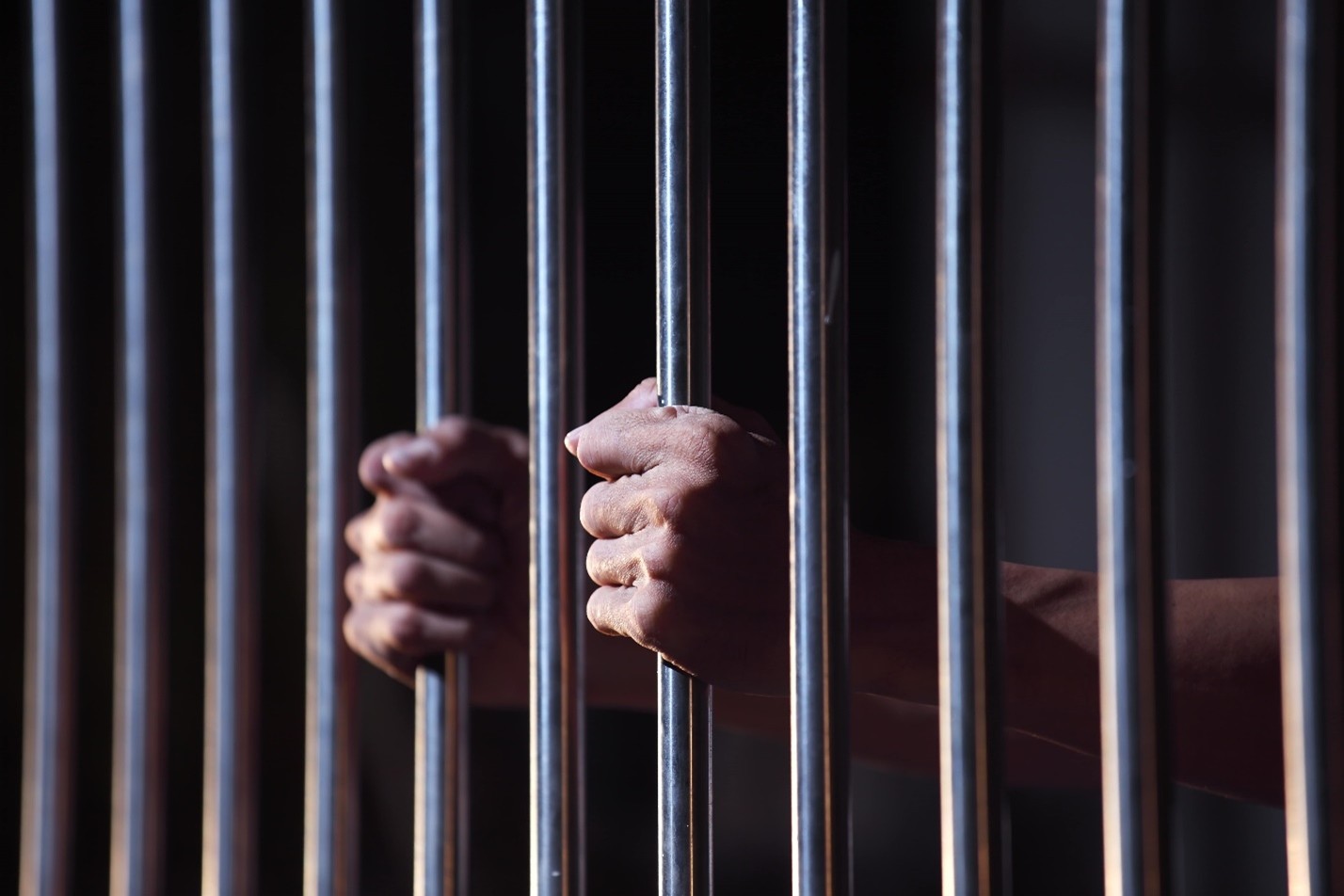The bail process is a critical juncture in the criminal justice system, one that directly impacts a defendant’s freedom and ability to prepare for their case. At its core, the bail system is designed to balance two fundamental interests: ensuring the defendant’s appearance in court and safeguarding the rights of the accused. Defendants navigating this process must understand their rights to avoid missteps and ensure fair treatment. Kenneth Burton Holmes emphasizes that, whether individuals are facing minor allegations or more serious charges, they are entitled to the legal protections enshrined in the law, underscoring the importance of understanding these rights regardless of the circumstances.
Presumption of Innocence and Bail
One of the foundational principles guiding the bail process is the presumption of innocence. This legal standard asserts that all individuals are innocent until proven guilty, and it plays a central role in determining whether a defendant is eligible for bail. Courts are generally required to consider bail as an option unless there are compelling reasons to deny it. Defendants should understand that this presumption is not just a moral ideal but a legal right that demands respect during every stage of the proceedings.
The presumption of innocence does not, however, guarantee an automatic release. Judges weigh various factors, including the severity of the alleged crime, the defendant’s criminal history, and their ties to the community. While these assessments are necessary, defendants have the right to expect that such evaluations will be conducted impartially and without undue prejudice. If a defendant feels that this principle has been violated, they may have grounds to appeal or request a review of the bail decision.
The Right to Reasonable Bail
The right to reasonable bail is protected under constitutional and statutory provisions in many jurisdictions. This means that the amount set for bail must align with the nature of the offense and the defendant’s circumstances. Excessive bail, which effectively denies release due to its prohibitive cost, is considered a violation of this right. For defendants, understanding this principle is essential, as it provides a basis for challenging bail amounts that appear punitive or disproportionate.
In practice, reasonable bail ensures that the judicial system does not punish individuals before they have been convicted. It also reflects an acknowledgment that financial means should not dictate one’s access to pretrial freedom. For those who believe their bail is unjustly high, legal avenues such as bail reduction hearings can offer a path to relief. Defendants must be proactive in asserting this right, often with the assistance of legal counsel.
Right to Legal Representation
Another critical right during the bail process is the right to legal representation. This ensures that defendants have access to knowledgeable advocates who can help them navigate the complexities of the system. Attorneys play a vital role in presenting arguments for reasonable bail, challenging excessive amounts, and addressing any procedural errors that may arise. For many defendants, having skilled representation can make the difference between release and continued detention.
Legal counsel also serves as a safeguard against potential abuses of power. Defendants who lack representation may face challenges in identifying or addressing violations of their rights. Whether through public defenders or private attorneys, this right empowers individuals to engage with the legal process on more equal footing.
Transparency in the Bail Process
Defendants are entitled to transparency throughout the bail process. This means they have the right to understand the reasons behind bail decisions, including the factors that influenced the court’s determination. Judges are typically required to explain their rulings, providing a clear rationale for the amount set or the denial of bail. This transparency not only promotes accountability but also allows defendants to assess whether an appeal is warranted.
Transparency extends to the conditions of bail as well. Defendants must be informed of any requirements attached to their release, such as travel restrictions, electronic monitoring, or regular check-ins with a pretrial services agency. By clearly outlining these conditions, the system ensures that defendants can comply and avoid unintended violations that could lead to re-arrest.
Protection Against Discrimination
The legal rights of defendants also include protection against discrimination during the bail process. Decisions regarding bail should be based solely on relevant legal and factual considerations, such as the defendant’s risk of flight or potential danger to the community. Factors such as race, gender, socioeconomic status, or nationality must not influence the outcome.
Despite these protections, implicit biases can sometimes affect judicial decisions. Defendants and their attorneys should remain vigilant for signs of discriminatory practices and be prepared to challenge them through appropriate legal channels. Upholding the principle of equality is not only a matter of fairness but also a cornerstone of the justice system’s legitimacy.
Appealing Bail Decisions
When defendants believe that their rights have been violated or that the bail decision is unjust, they have the right to appeal. This process allows for a higher court to review the initial ruling and determine whether it aligns with legal standards. While appealing a bail decision can be complex, it is an essential mechanism for ensuring accountability and protecting defendants’ rights.
To succeed in an appeal, defendants must present compelling arguments supported by evidence. This underscores the importance of having skilled legal representation and a clear understanding of the relevant laws. Appeals are not guaranteed to result in a favorable outcome, but they provide a vital check against potential errors or biases in the initial proceedings.
Final Thoughts
The bail process, while often daunting, is governed by a framework of rights designed to protect defendants and promote fairness. From the presumption of innocence to the right to reasonable bail and legal representation, these protections ensure that individuals accused of crimes are treated with dignity and respect. However, understanding and asserting these rights requires vigilance and, in many cases, the guidance of experienced legal advocates. By staying informed and proactive, defendants can navigate the complexities of the bail process and work toward a just resolution of their cases.
